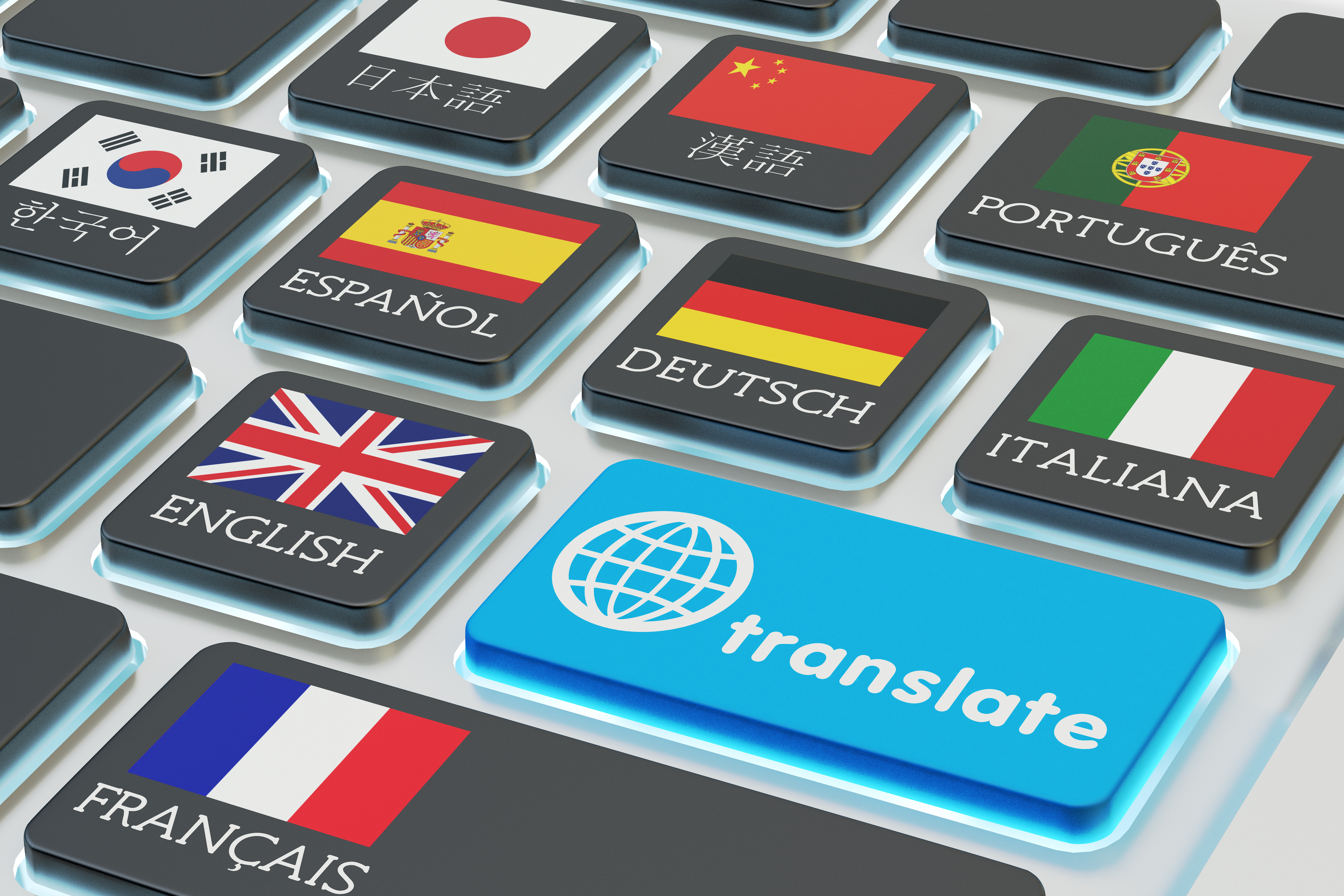By Esinam Asima
Have you ever thought that right now, you could be the last person speaking your language? Well this is true for some! Dead languages are classified as extinct since there is no native speaker of the language any longer. For example, Latin is often referred to as a ‘dead language’ since no country uses the language to communicate anymore or there is no country whose official language is Latin. This leads to the question, ‘What is causing the extinction of languages?’
Firstly, we must answer the question of, ‘What is language?’ According to definitions from Oxford Languages, language is ‘the principal method of human communication, consisting of words used in a structured and conventional way and conveyed by speech, writing, or gesture.’ Today I will be focusing on oral language.
There are many reasons for language extinction; for example some believe that generations of native speakers begin to learn new languages which makes them bilingual and, as the saying goes, “Those who know nothing of foreign languages know nothing of their own” said by Novelist Johann Wolfgang von Goethe. However, when learning new languages, we frequently fail to continue practising conversing in our native languages, and as a result, the subsequent generation forgets their mother tongue.
Furthermore, this is common when speakers want to acquire a more popular language to achieve economic and social benefits or to prevent discrimination. However, it is more common for employers to employ bilingual people since it adds great benefits for one to be able to communicate with various people in their native languages.
I made a survey asking people aged 14-15 various questions on language and how they have learnt them. The results I found was that 69.2% of people know how to speak 2 languages which is normal considering 43% of the population are bilingual. As portrayed in the survey, 13 children learn their native languages from a young age since it is the only language they can communicate with their parents since it’s the only language their parents know how to speak.
Learning languages is an invaluable pursuit that enriches our lives in countless ways. It expands our cultural understanding, improves cognitive abilities, enhances career prospects, and deepens our travel experiences. Learning languages fosters personal growth, boosts communication skills, contributes to the preservation of linguistic diversity, and provides ongoing intellectual stimulation. By investing time and effort in language learning, we open ourselves up to a world of opportunities, connections, and perspectives, ultimately broadening our horizons and enriching our lives in immeasurable ways.
